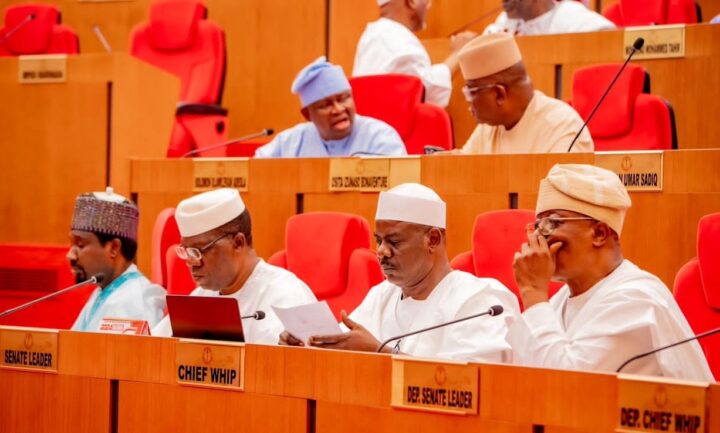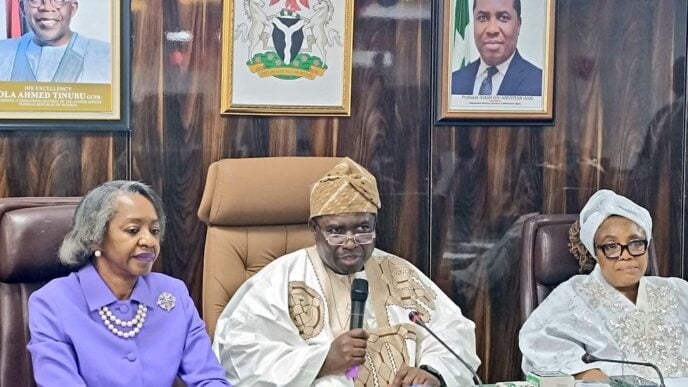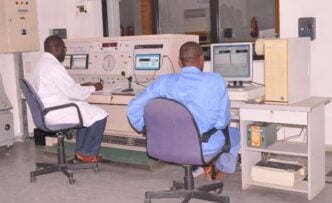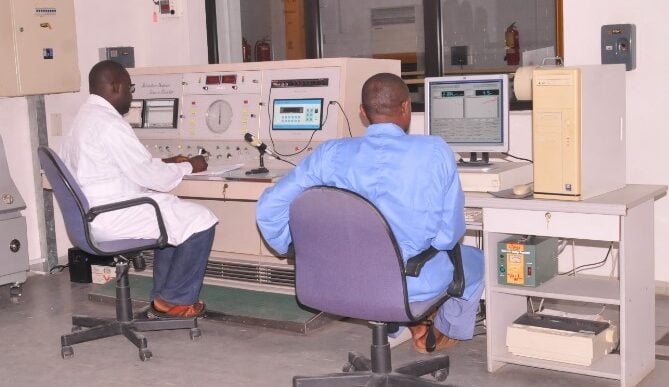The Nigerian senate
The senate has passed for second reading a bill seeking to amend the National Health Act 2014.
The bill seeks to raise the Basic Health Care Provision Fund (BHCPF) from one percent to two percent of the Consolidated Revenue Fund (CRF).
The amendment bill, sponsored by Ipalibo Harry, senator representing Rivers west and chairperson of the senate committee on health, aims to secure sustainable financing for frontline health services and reduce Nigeria’s dependence on dwindling donor support.
If passed, the legislation is expected to expand access to affordable healthcare, cut out-of-pocket expenses, and strengthen epidemic preparedness and maternal health services.
Advertisement
‘A MORAL AND LEGAL IMPERATIVE’
Leading the debate on the bill, Harry said the proposal is a legal and moral imperative that reinforces the government’s constitutional duty to ensure the welfare of citizens.
“Section 14(2)(b) of our Constitution makes the security and welfare of the people the primary purpose of government,” she said.
Advertisement
“This bill gives practical meaning to that provision by ensuring sustainable funding for basic health services.”
Harry noted that the BHCPF, created under section 11 of the National Health Act, was Nigeria’s first statutory framework for sustainable health financing — designed to guarantee a minimum package of care, especially for underserved populations.
She noted that the existing one percent allocation had become “grossly inadequate” given rising healthcare costs, declining donor support, and Nigeria’s gradual exit from major global funding schemes.
‘DONOR FATIGUE, RISING COSTS THREATHN PROGRESS’
Advertisement
Citing the 2022 National Health Accounts, the senator said out-of-pocket payments by Nigerians account for over 75 percent of total health expenditure — a situation she described as “unsustainable and inequitable”.
She warned that with Nigeria’s exit from Gavi, the Vaccine Alliance, and the reduction in U.S. government support for health programmes, the country may soon shoulder the full cost of immunisation, maternal health, and epidemic response.
“Without an increase in domestic financing, we risk reversing years of progress in child survival, epidemic preparedness, and access to essential care,” she said.
Harry recalled that a national dialogue on health financing held in September 2025 reached a consensus on doubling the fund.
Advertisement
“This proposal reflects our shared understanding that health is an investment, not a cost.It is a patriotic step toward achieving universal health coverage,” she said.
The senator noted that primary healthcare remains the foundation of Nigeria’s health system, yet most centres are “understaffed, underfunded, and poorly equipped”.
Advertisement
She said the increase would allow the federal government to rehabilitate facilities, recruit more workers, and strengthen service delivery to women, children, and rural communities.
Harry said that accountability mechanisms would remain intact, with the fund still jointly managed by the National Primary Health Care Development Agency (NPHCDA) and the National Health Insurance Authority (NHIA).
Advertisement
“Health is both a right and a constitutional duty of the state. By supporting this bill, we are investing in the lives of our citizens and in the productivity of our nation,” she said.
Tahir Monguno, senate chief whip and senator representing Borno north, said the amendment is necessary to offset the impact of declining donor funding.
Advertisement
“The United States of America has drastically reduced its health sector funding, and there is also donor fatigue among international organisations. We must increase our funding from one to two percent to bridge this gap,” he said.
Onyewuchi Ezenwa, senator representing Imo east, described the proposal as critical to national development.
“This will enhance our primary healthcare system and encourage universal health coverage. Health is too serious to be left to individuals, especially in the face of poverty,” Ezenwa said.
Jibrin Isah, senator representing Kogi east, said the bill represents a “timely intervention” in the sector.
“Given the rate of inflation and dwindling purchasing power, many Nigerians have resorted to local herbs because they can no longer afford basic healthcare,” he said.
The bill was passed for second reading and referred to the senate committee on health (secondary and tertiary) for further legislative action, with a directive to report back within four weeks.











